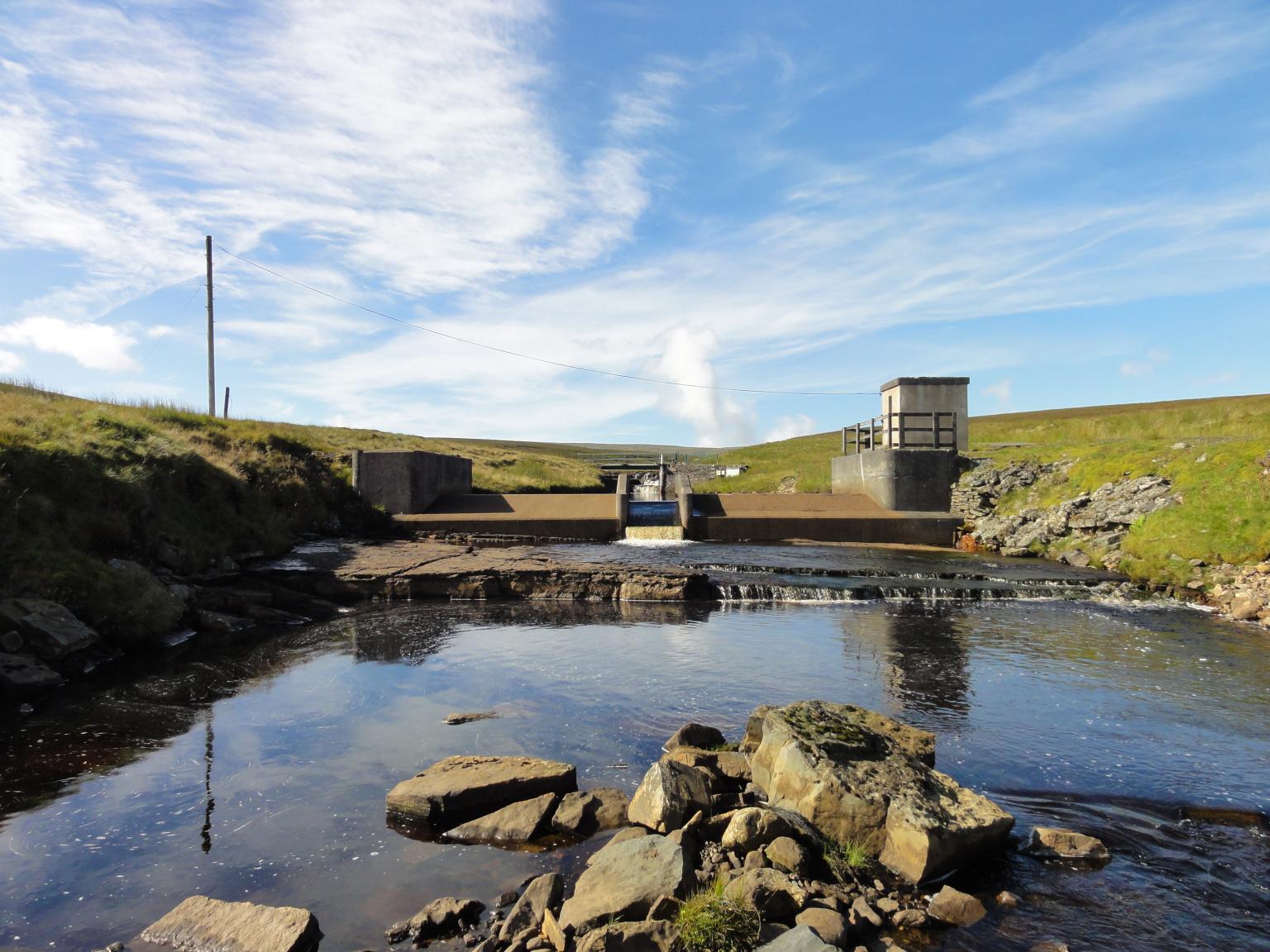Our Reference Observatory of Basins for INternational hydrological climate change detection (ROBIN) initiative has been showcased in UNESCOs Open Hydrology publication.
A lack of openness in hydrology can restrict access to critical information, limit collaborative research efforts, and ultimately impact our effectiveness in addressing water-related challenges globally.
To this end, UNESCO recently published a new open Hydrology framework, outlining how to integrate open science into hydrology through six key pillars: open data, open source, open publishing, open infrastructure, open education, and open participation.
UKCEH’s ROBIN project, funded by the International science for Net Zero Plus programme, features in the publication under pillar 1: open data, highlighting how the initiative is advancing a worldwide effort to integrate hydrological data internationally, to create a truly global Referen ce Hydrometric Network dataset, freely available for the hydrological community to use. The ROBIN dataset was published in April 2025.

This recognition of the ROBIN initiative in a UNESCO publication highlights the importance and relevance of its achievements so far, as well as the value of UKCEH’s open science practices. Being featured not only showcases the team’s expertise in developing meaningful solutions to global hydrological challenges, it also amplifies the projects international visibility, allowing it to have a more significant global impact. This recognition positions UKCEH scientists as contributors to the ongoing global dialogue on open science in hydrology that will ultimately help create more equitable and sustainable futures.